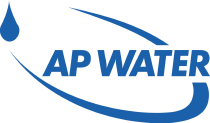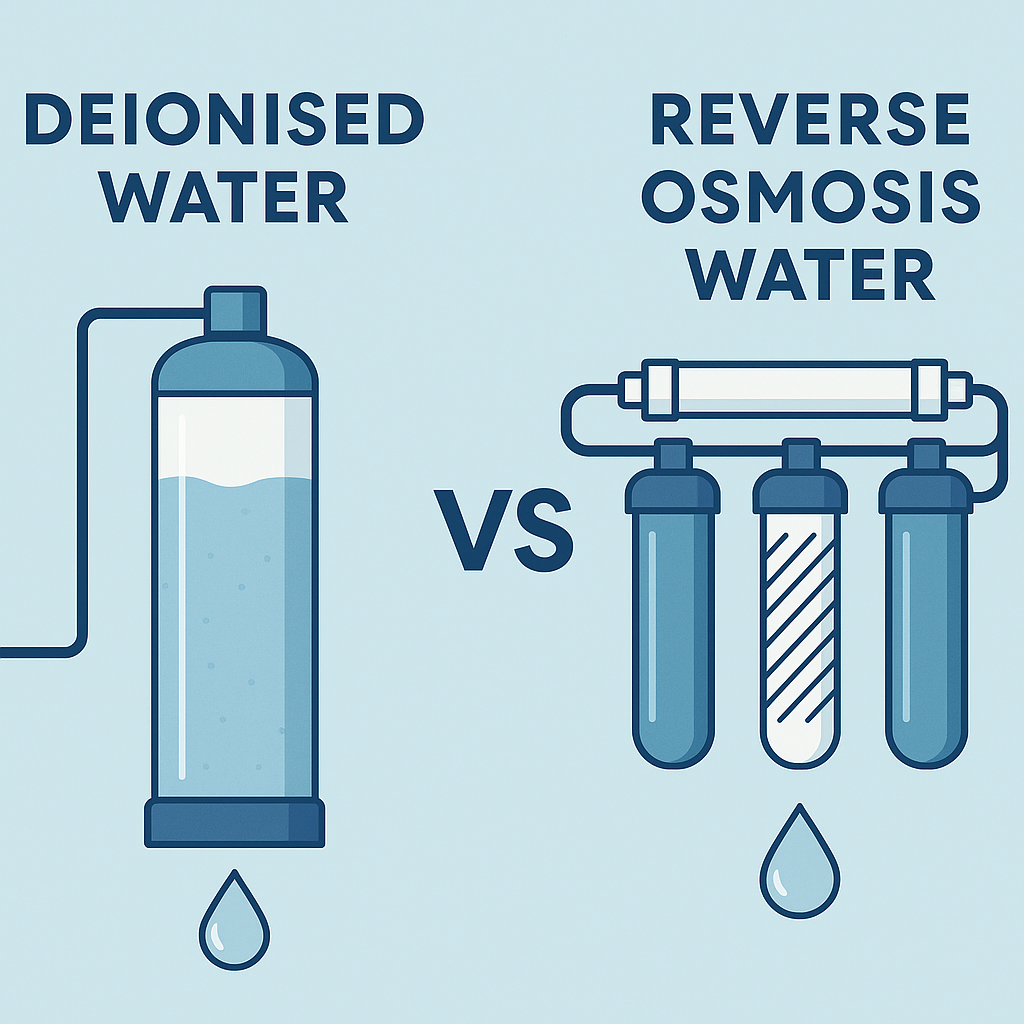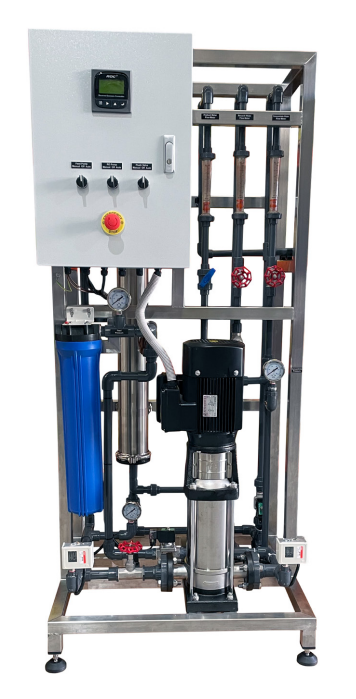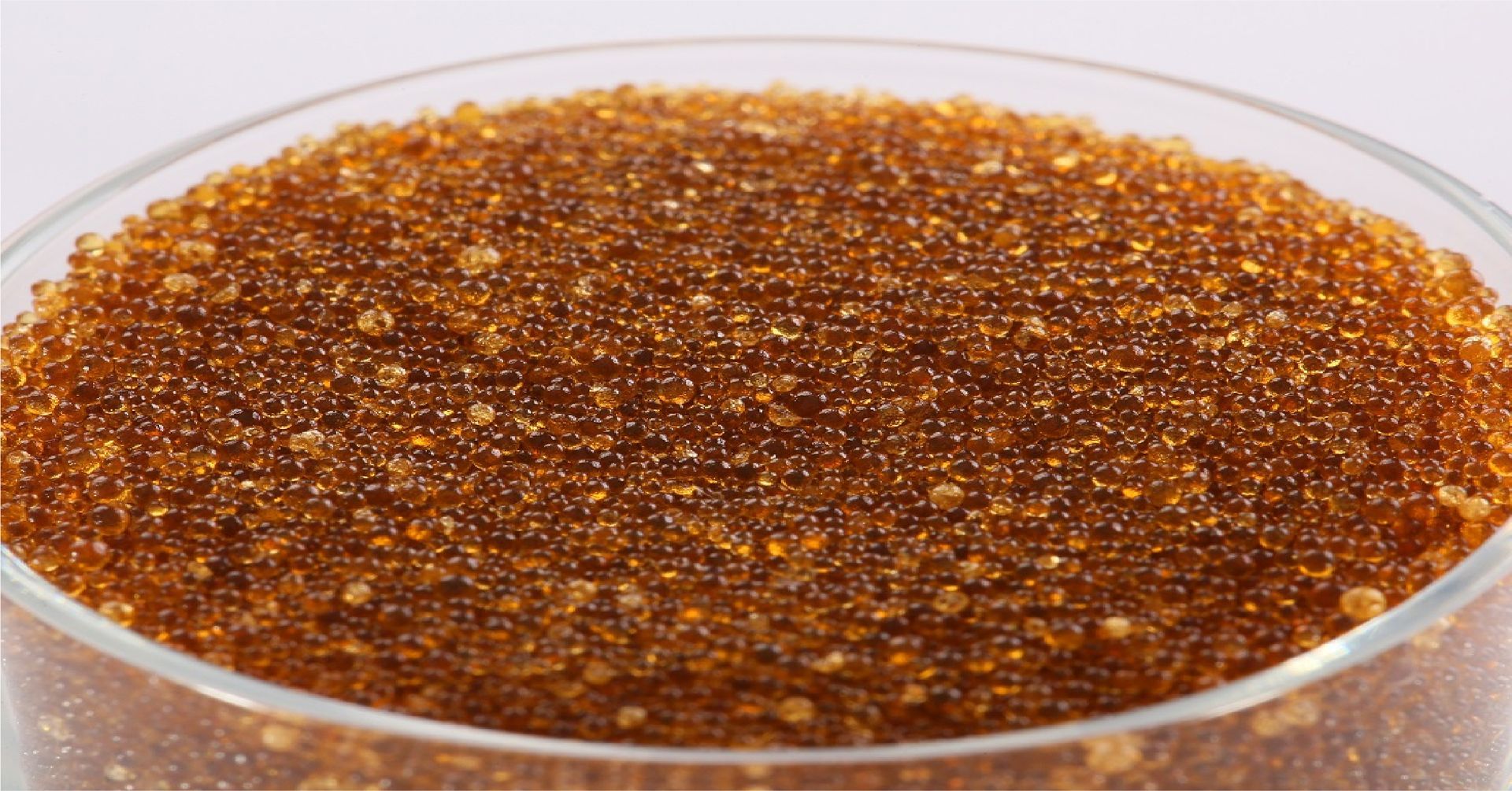How Commercial Water Softeners Work
In commercial and industrial environments, water quality can have a significant impact on daily operations, equipment efficiency, and long-term maintenance costs. One of the most common and costly issues many businesses face is hard water. This is water that contains high levels of calcium and magnesium minerals. While it may seem harmless, hard water can wreak havoc on essential systems and machinery, leading to scaling, reduced equipment efficiency, and frequent maintenance requirements.
This is where a commercial water softener becomes an essential investment. By removing these minerals, water softeners help businesses minimise equipment damage, reduce operational costs, and maintain smooth day-to-day operations.
Industries most affected by hard water include hospitality (hotels, resorts, commercial kitchens), manufacturing plants, agricultural operations, and any business reliant on high-performance equipment and water-dependent processes. For these industries, installing a water softener is about protecting infrastructure, improving productivity, and saving money over time.
What Is a Water Softener and How Does It Work?
A water softener is a specialised water treatment system designed to eliminate the minerals that cause hard water, primarily calcium and magnesium. These minerals are responsible for scaling and reduced equipment efficiency in commercial and industrial environments. Softening is achieved through a process called ion exchange, which removes hardness minerals and replaces them with sodium or potassium ions, producing softened water suitable for business operations.
The Water Softening Process
The ion exchange process operates as follows:
- Hard water enters the softener tank, which contains thousands of tiny resin beads.
- These resin beads are pre-charged with sodium or potassium ions.
- As the hard water flows through the resin, the calcium and magnesium ions are attracted to the beads, displacing the sodium or potassium ions.
- The softened water exits the tank, free of hardness minerals and ready for use.
- After continued use, the resin beads become saturated with calcium and magnesium. The system then initiates a regeneration cycle, flushing the accumulated minerals and restoring the beads’ softening capacity with a concentrated salt solution.
Commercial and Industrial Water Softeners
Commercial/industrial water softener systems are engineered to meet high demands. These systems are designed for:
- High-volume, continuous water usage
- Greater capacity and flow rates
- Long-term durability and operational efficiency
A well-designed industrial water softener system helps safeguard equipment, improve water quality, and reduce downtime in large-scale operations.
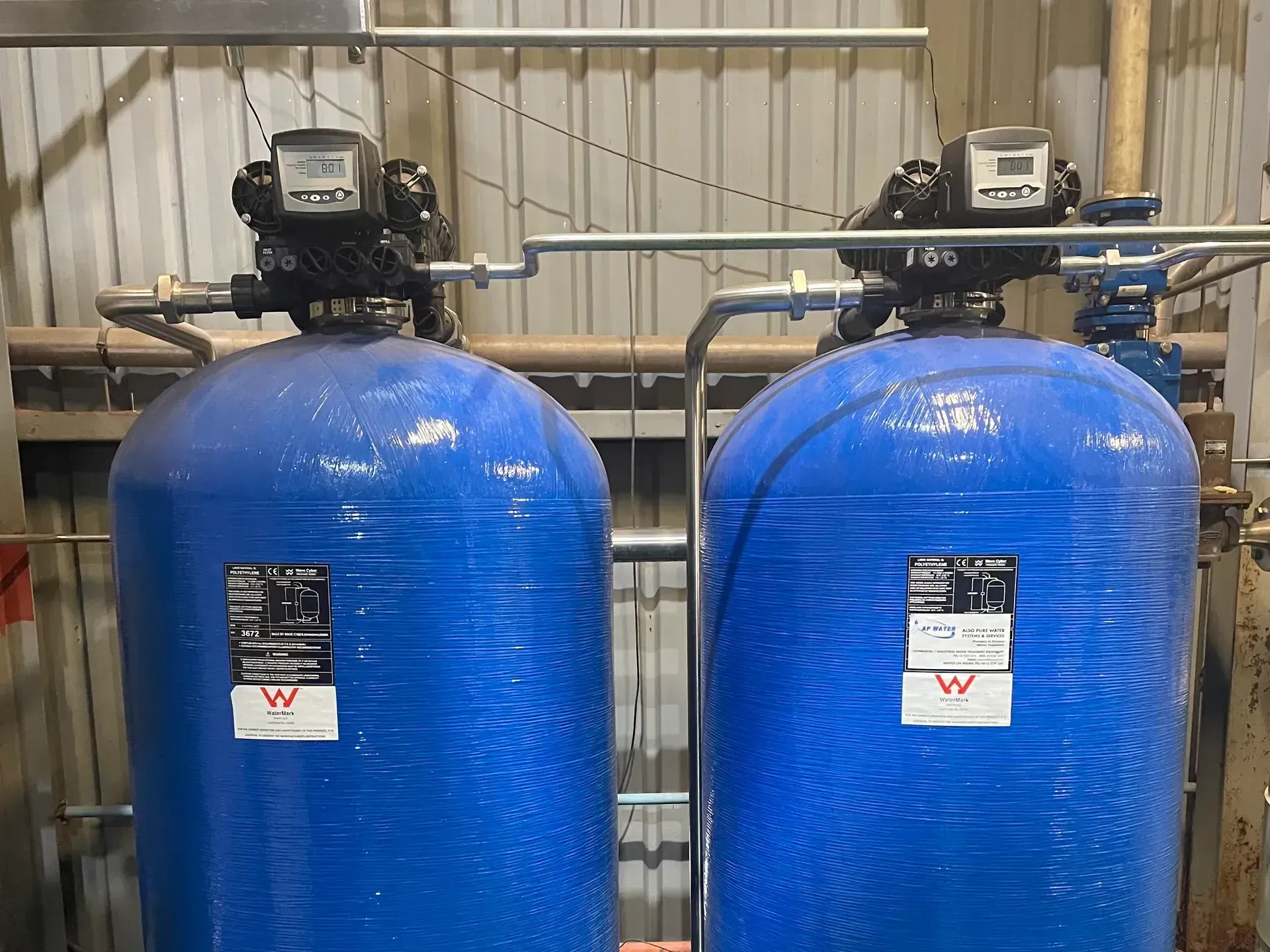
Water Hardness Levels in Australia
Water hardness varies significantly across different regions of Australia, depending on the source and mineral composition of the local water supply. Understanding the hardness level in your area is essential to determine whether a commercial water softener is right for your business.
Water hardness is typically measured in milligrams per litre (mg/L) or parts per million (ppm) of calcium carbonate. The general classification of water hardness is:
- Soft Water: 0–60 mg/L
- Moderately Hard Water: 61–120 mg/L
- Hard Water: 121–200 mg/L
- Very Hard Water: Over 200 mg/L
Across Australia, hardness levels can range from soft to very hard:
| Capital City | Typical Hardness Range (mg/L) | Classification |
|---|---|---|
| Sydney | 39–60 | Soft |
| Melbourne | 10–26 | Soft |
| Brisbane | 80–120 (can exceed 150 in some areas) | Moderately Hard to Hard |
| Adelaide | 120–180+ | Hard |
| Perth | 29–226 (varies greatly by suburb) | Soft to Very Hard |
| Hobart | 6–34 | Soft |
| Canberra | 35–60 | Soft |
| Darwin | 25–35 | Soft |
Note: These ranges are indicative and can vary between suburbs and seasons, particularly in cities like Perth and Brisbane where some areas may experience higher hardness levels due to groundwater use.
If your business operates in a region with hard or very hard water, installing an industrial water softener system can help protect your equipment and reduce operational costs.
Common Issues Caused by Hard Water
Hard water may appear harmless, but over time it can create serious challenges for commercial and industrial operations. The presence of calcium and magnesium minerals in untreated water can lead to a range of problems that affect both efficiency and profitability.
Equipment Scaling
When hard water is heated or used in machinery, it leaves behind mineral deposits known as scale. This buildup clings to the interior surfaces of pipes, boilers, cooling towers, and other equipment, reducing their efficiency and performance.
Increased Energy Consumption
Scale buildup acts as an insulating layer, forcing heating systems and machinery to work harder to maintain temperature or flow rates. This results in higher energy use and increased utility costs.
Maintenance Costs and System Downtime
Hard water accelerates wear and tear on equipment, leading to more frequent breakdowns, unexpected repairs, and extended downtime. These interruptions can disrupt production schedules and negatively impact customer service.
Decreased Lifespan of Machinery and Appliances
Over time, the damaging effects of scale and mineral deposits can shorten the lifespan of essential equipment. Replacing machinery prematurely due to hard water damage can be a significant and unnecessary expense.
Benefits of Commercial and Industrial Water Softeners
Investing in a commercial water softener provides long-term advantages that go beyond simply improving water quality. For businesses and industrial facilities, the benefits of softened water can have a direct and measurable impact on operational performance, cost management, and equipment protection.
- Improved Operational Efficiency
Hard water deposits can reduce the effectiveness of systems, cooling towers, boilers, and other essential equipment. By preventing scale buildup, a water softener ensures systems run at optimal efficiency, reducing energy consumption and improving output. - Long-Term Cost Savings
Softened water helps businesses avoid unnecessary expenses associated with equipment repairs, early replacement, and increased energy usage. Over time, the savings achieved through improved efficiency and reduced maintenance far outweigh the initial investment in a water softening system. - Protection of Expensive Equipment
Scaling and mineral deposits are a leading cause of premature equipment failure in commercial and industrial environments. A properly installed industrial water softener system helps extend the lifespan of valuable machinery, safeguarding your investment and minimising downtime. - Reduced Maintenance and System Downtime
Fewer breakdowns and maintenance interventions mean less disruption to daily operations. Businesses can maintain consistent production schedules and avoid the hidden costs of lost productivity. - Compliance with Industry Standards
In some industries, water quality is a regulatory requirement. Installing a reliable water treatment system for business can help ensure compliance with industry guidelines, particularly in sectors such as food and beverage manufacturing, healthcare, and hospitality.
Industries That Benefit Most from Water Softeners
The impact of hard water is felt across a wide range of industries, particularly in sectors where water is critical to daily operations. Implementing a commercial water softener can significantly improve efficiency, reduce maintenance costs, and protect valuable infrastructure in the following industries:
Hospitality
Hotels, resorts, and commercial kitchens rely heavily on water for cleaning, laundry, food preparation, and guest services. Hard water can cause scale buildup in dishwashers, washing machines, and boilers, leading to equipment breakdowns and increased operational costs. Softened water helps ensure smooth operations and enhances guest satisfaction.
Manufacturing
In manufacturing environments, particularly those using boilers, cooling towers, and processing equipment, hard water can reduce system efficiency and cause unexpected downtime. A reliable industrial water softener system allows machinery to operate at peak performance and extends its lifespan.
Agriculture
Agricultural operations that use large volumes of water for irrigation systems, livestock care, or food production face unique challenges when dealing with hard water. Scale buildup in irrigation pipes and watering equipment can lead to blockages and reduced water flow. Water softeners help maintain equipment efficiency and ensure consistent water delivery across agricultural sites.
Healthcare and Laboratories
Facilities that require strict hygiene standards, such as hospitals, laboratories, and pharmaceutical manufacturers, depend on water free from mineral impurities. A tailored water treatment system for business is essential to maintain equipment performance and meet regulatory compliance.
Commercial Laundries
Hard water can damage fabrics, reduce detergent effectiveness, and cause buildup in washing machinery. Softened water helps maintain linen quality and reduces equipment maintenance needs in commercial laundry operations.
Businesses in these sectors benefit greatly from investing in a water softening system, ensuring reliable performance, lower costs, and improved water quality.
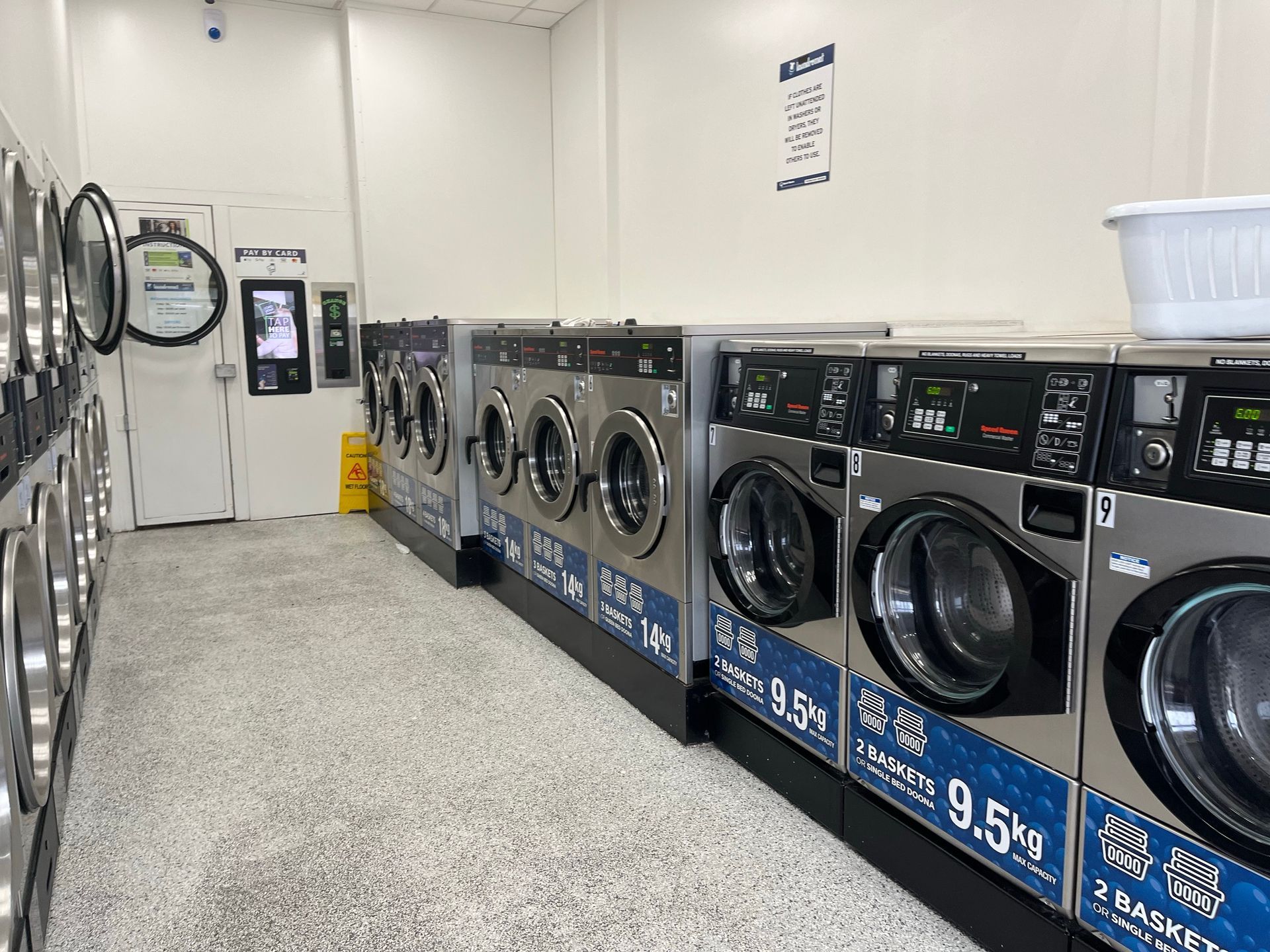
Why Choose AP Water?
When it comes to protecting your business from the challenges of hard water, partnering with an experienced and trusted provider is essential. AP Water is a leading specialist in commercial
water softener solutions, with a proven track record of delivering high-quality systems and reliable support to businesses across Australia.
Industry Experience and Expertise
With over 25 years of experience in the water treatment industry, AP Water understands the specific needs of commercial and industrial clients. Their expertise spans multiple sectors, ensuring tailored solutions that meet the operational demands of each business.
Customised Water Softener Solutions
No two businesses are the same. AP Water designs and installs industrial water softener systems that are customised to suit your facility’s water usage, flow rate, and infrastructure. Their systems are built for durability and efficiency, ensuring long-term performance.
High-Quality Equipment and Professional Installation
AP Water supplies and installs premium-grade water softeners, backed by technical knowledge and precision installation. Their systems are designed to withstand the demands of heavy-duty, continuous operation.
Ongoing Support and Maintenance
Beyond installation, AP Water provides comprehensive maintenance services and technical support. Their team is committed to helping clients maintain peak system performance, reduce downtime, and maximise the lifespan of their water softening equipment.
Trusted Across Industries
AP Water is a preferred water treatment partner for businesses in hospitality, manufacturing, agriculture, healthcare, and many other sectors. Their reputation is built on delivering reliable, cost-effective, and energy-efficient solutions tailored to commercial and industrial environments.
Protect Your Business with a Commercial Water Softener
If your business is being impacted by hard water, now is the time to take action. Investing in a high-quality commercial water softener can help you reduce maintenance costs, protect your equipment, and improve overall operational efficiency.
At AP Water, we understand that every business has unique water treatment needs. Our team is ready to design and install a tailored solution that will deliver long-term value for your facility.
Contact us today on
03 9534 3674 or fill out our
contact form to learn more about our commercial and industrial water softener systems.
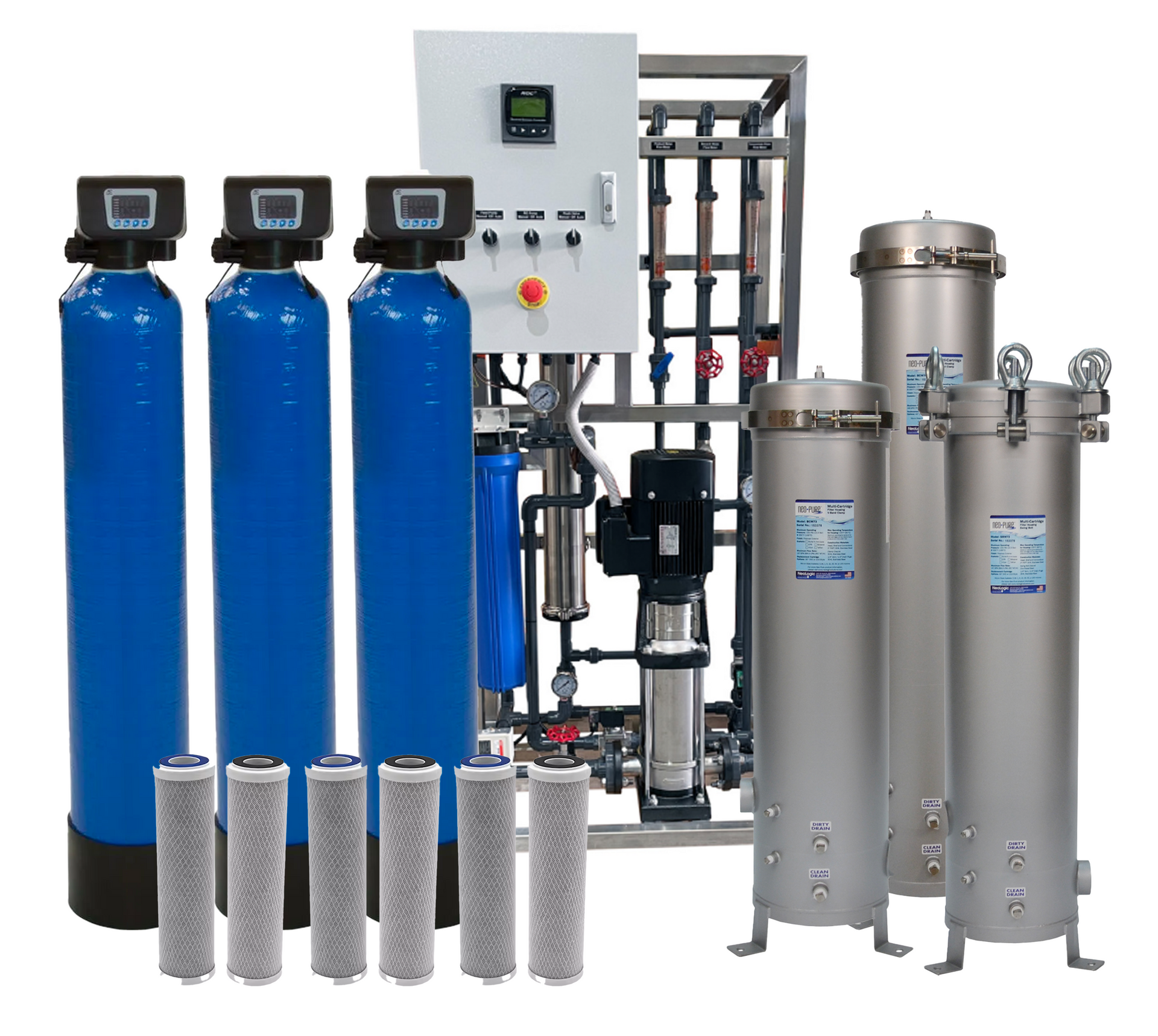
Frequently Asked Questions
What is a commercial water softener?
A commercial water softener is a large-capacity water treatment system designed to remove calcium and magnesium minerals from hard water. These systems are specifically engineered to meet the high-volume water demands of commercial and industrial facilities, helping to prevent scale buildup and protect equipment.
How do I know if my business needs a water softener?
If your facility is experiencing frequent equipment breakdowns, scaling in pipes or boilers, increased energy consumption, or high maintenance costs, it may be due to hard water. A professional water assessment can help determine if a water treatment system for business is required.
What are the long-term benefits of installing a water softener?
The key benefits include improved operational efficiency, lower energy and maintenance costs, extended lifespan of equipment, and compliance with water quality standards. These benefits contribute to significant cost savings and reduced downtime over time.
Are water softeners suitable for all industries?
Industries that rely heavily on water can benefit greatly from a commercial or industrial water softener system. AP Water can assess your needs and recommend the most suitable solution.
